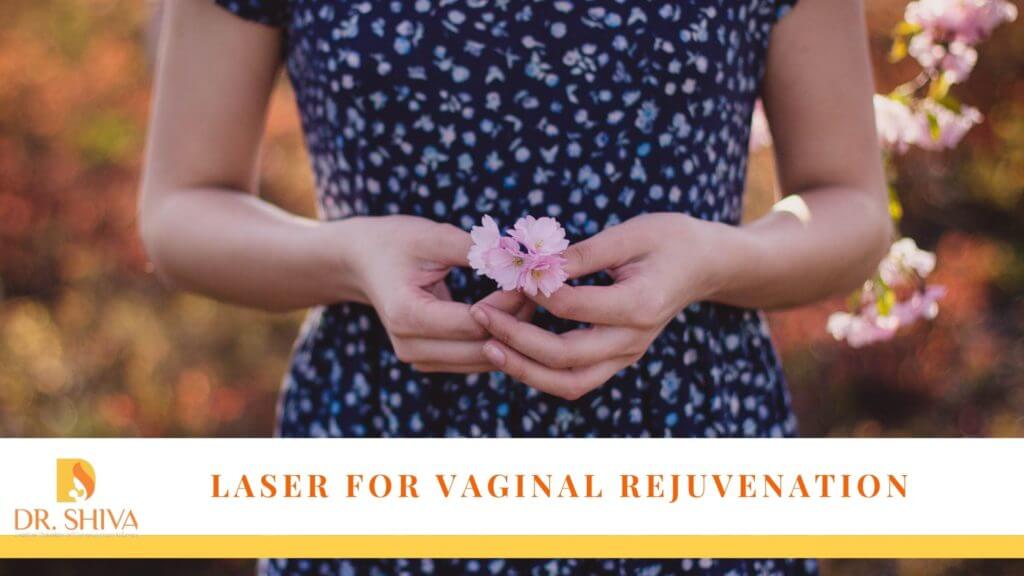
Gestational diabetes is diabetes that occurs during pregnancy which develops between 24th and 28th week. It can have an impact on your pregnancy and the health of the baby. In most cases, it will go after delivery but some women may tend to have high glucose levels even after the child is born.
What causes gestational diabetes?
Hormones help to keep our blood sugar controlled but our body produces human placental lactogen (hPL) and other hormones that can increase insulin resistance when pregnant. Such hormones help sustain your pregnancy and as time goes on the amount of it tends to increase making your body more insulin resistant. As a result, there’s more glucose in your bloodstream to transfer to your baby. When insulin resistance exceeds, the levels of blood glucose will increase excessively and can cause gestational diabetes.
What are the symptoms?
- Increased thirst
- Fatigue
- Frequent urination
- Blurred vision
- Dry mouth
- Snoring
- Nausea
What are the factors that can increase your chances of developing gestational diabetes?
You are at higher risk of developing if you
- were obese or overweight before pregnancy
- when there is a lack of physical activity.
- had previous gestational diabetes/prediabetes
- have polycystic ovary syndrome (PCOS), acanthosis nigricans or other conditions that are associated with insulin resistance
- have a history of blood relations having diabetes
- previously delivered a baby weighing more than 4.1kg(9 pounds)
- are expecting more than one baby in pregnancy
- had a stillbirth or unexpected miscarriage before
- have been on glucocorticoids
- are over the age of 25
- have gained larger weight gain than normal when you’re pregnant
- having high blood pressure
- women from the nonwhite race are at a higher risk of developing gestational diabetes.
What are the complications or risks of having gestational diabetes?
- High Blood Pressure (Preeclampsia)- Gestational diabetes increases the chances of high blood pressure, as well as preeclampsia — a pregnancy complication that can affect both mother and baby’s lives.
- Macrosomia– Higher than normal blood sugar in mothers can cause their babies to grow too big and get wedged in the birth canal during childbirth, have birth injuries or require a C-section birth.
- Preterm birth– High blood sugar may increase the risk of early labor and sometimes early delivery may be recommended because the baby is large.
- Temporary breathing difficulties. Babies born early to mothers with gestational diabetes may develop a condition that makes breathing difficult ie, respiratory distress syndrome
- Hypoglycemia- Sometimes babies of mothers with gestational diabetes have low blood sugar shortly after birth which may cause seizures in the baby. Prompt feeding and often an intravenous glucose solution will normalize the amount of sugar in the baby’s blood.
- Obesity and type 2 diabetes – Children of mothers who had gestational diabetes are at an increased risk of developing obesity and type 2 diabetes in the future. Also, the mothers are more likely to get it again during a future pregnancy as well as develop type 2 diabetes later in life.
If it is not treated on time it may result in a baby’s death either before(stillbirth) or shortly after birth.
What are the tests to diagnose the issue?
In most cases, women do not know they have gestational diabetes so they need to take tests during pregnancy to diagnose it. The health practitioner may suggest the following test to be taken between 24-28 weeks
- Glucose challenge test – for this you will have to drink a glucose solution in a specified quantity and your blood sample will be taken after an hour for testing the blood glucose level.
- Oral Glucose tolerance test – for this you will need to fast for 8 hours before the test. Then the blood sample will be taken. After that, you will need to have a specified amount of glucose syrup and a blood sample will be taken again after two hours to test the glucose levels.
How can we prevent or control gestational diabetes?
Adopting healthy habits before pregnancy can help reduce the risk of developing it.
- Follow a healthy diet – Include more fruits, vegetables, whole grains. Have food containing more of fiber and less fat and calories
- Exercise daily and be active – Try to have at least 30 minutes of moderate exercise daily. Can include brisk walks or swimming in daily exercises.
- When planning to get pregnant do check your weight in advance and make sure to start from a healthy weight. Reduce weight if you are overweight and focus on healthier diets.
- When pregnant try not to gain more than the recommended weight gain suggested by your doctor.
- Do keep a check on your blood sugar and do take necessary tests for diabetes as suggested by your doctor once you are pregnant.
If you have been diagnosed with gestational diabetes you may need medication if necessary. Always keep a check on blood sugar level and, try to have a healthier lifestyle by following a good diet and staying active.
As for the question ‘is gestational diabetes caused by diet’ the answer would be no, as it is caused mainly by hormones in pregnancy. But if diagnosed with gestational diabetes it will be necessary to control the carbohydrate intake to help regulate the glucose level in the blood. It will involve controlling the sugary food consumption.




Recent Comments